In high school, I was a spacy student with a harsh home life. When I was 18, the person who brought me up for most of my life, my grandmother, passed away from a stroke. At 19, the house that I had lived in since I was 5-years-old was foreclosed upon.
From there, I was essentially homeless, bouncing from couch to couch of the few family members that I still had orbiting my life. At one point, I lived in a trailer in the driveway of my cousin’s residence, where at night the temperatures would become practically freezing and during the day, especially in the hot Los Angeles valley sun, could go above 125 Fahrenheit.
I had given up on myself, in all ways. I was content living my life through others. I was destined to die young or live long enough to where I ended up on the streets with no direction to go. While I’ve been open about my mental health in the past (social anxiety, depression), I’ve often avoided discussing how I lived all those years ago. It was embarrassing. It felt like it separated me from my peers, especially from my five years working at ESPN, where a majority of them finished atop of their journalism classes at the top universities in the country. Esports saved my life.
When I first started writing about esports in early 2011 as a husk, 19 and aimless, it wasn’t because I wanted to make money. Shit, there wasn’t any money to make.
It wasn’t to build a fanbase or to get social media likes. The reason why I started writing about esports is that it was one of the few things in my wayward life that got my mind off how everything else in the world was crashing around me. There were days where I spent all day at a mall or the local Wendy’s so I could use their free Wi-Fi to watch matches and write about them.
Writing about esports was my way to share my happiness and excitement with others, something that I had never experienced before. If a certain storyline excited me that the consensus couldn’t see, nothing felt better than being able to turn what felt like a dull, vanilla matchup into an affair people woke up in the middle of the night to watch. I spent years writing without making a single dime, but it gave me a purpose to keep going in life. I loved storytelling. Though my editors at the time told me the chances of me making any money was a mere pipe dream, let alone a career, I continued writing because it’s what pushed me to open my eyes in the morning.
Eventually, the esports scene in the West began to explode, and with it, actual opportunities to make money from the foundation I’d built from creating a small fanbase that enjoyed my writing. As the years went along, those days of annoying Wendy’s employees by sitting in the back of their restaurant for 13 hours were fleeting, and I’d earned enough from freelance work to secure an apartment with roommates.




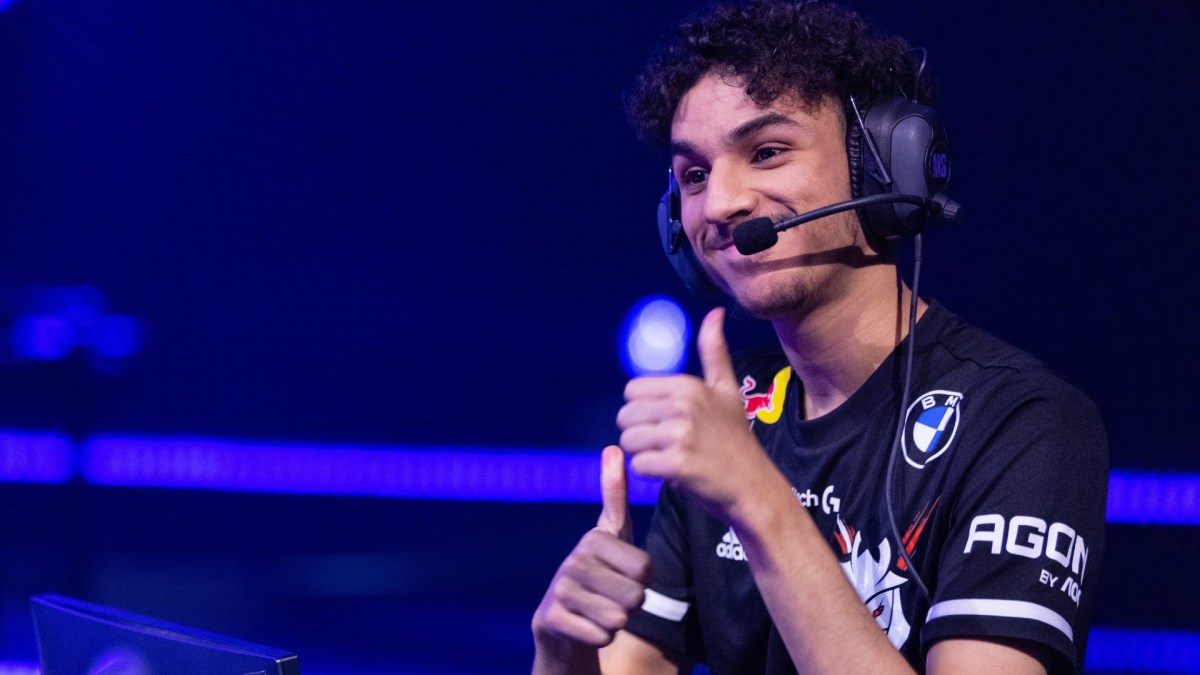
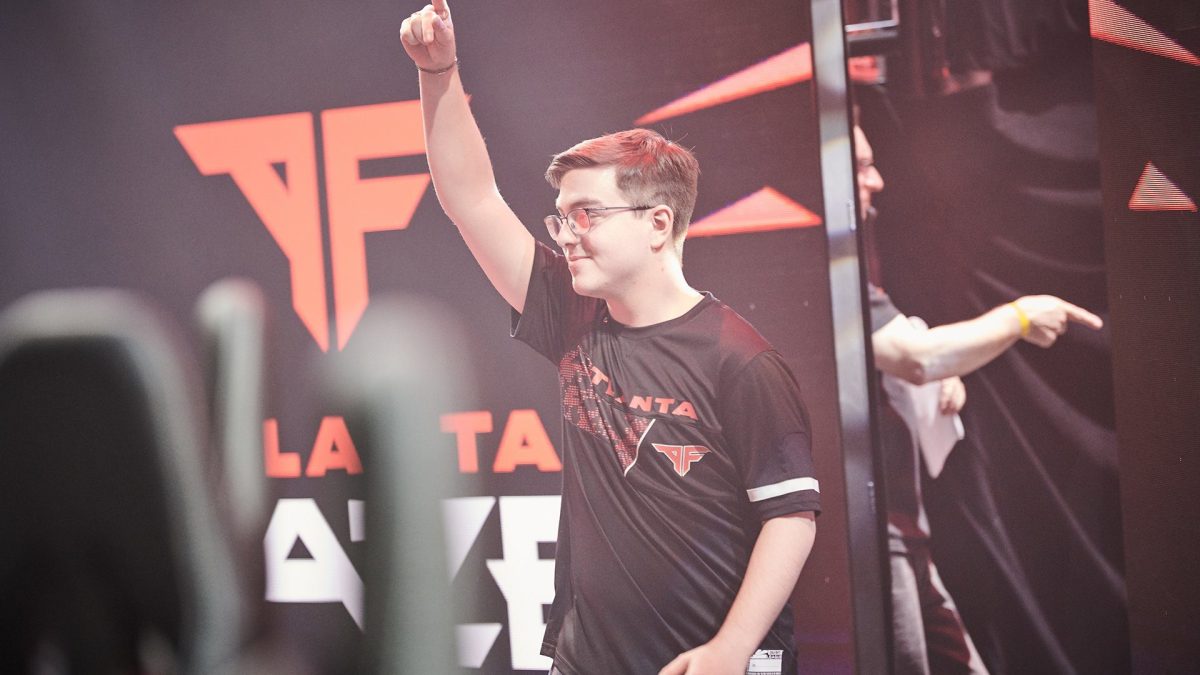
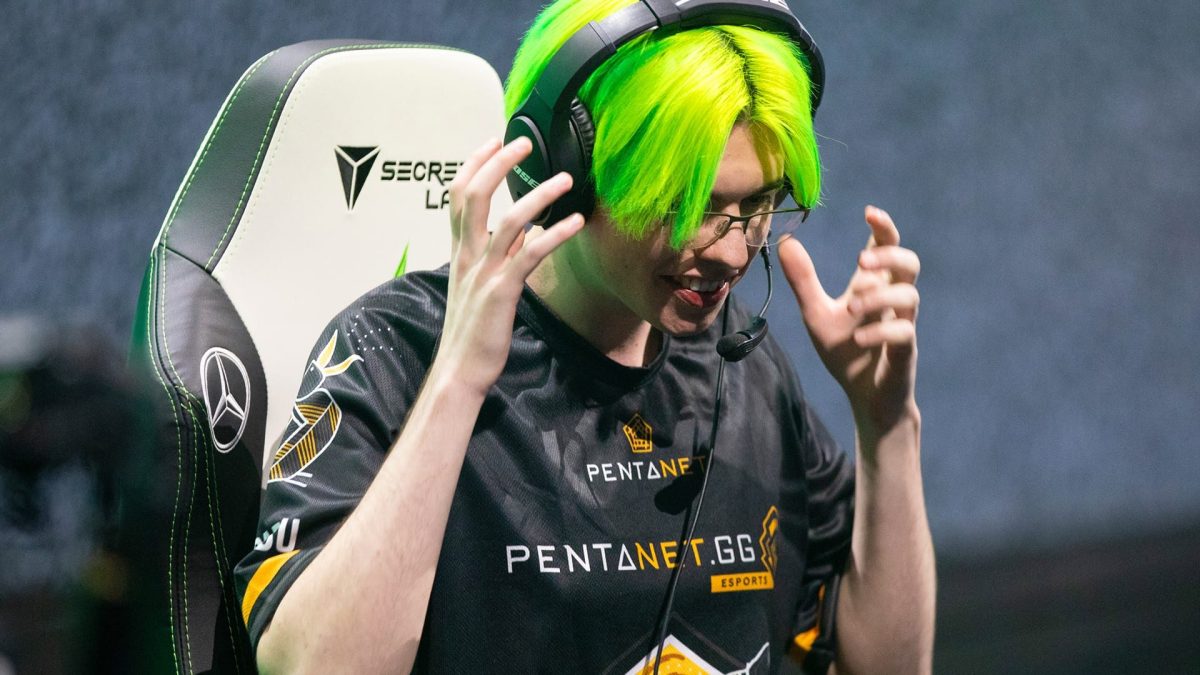
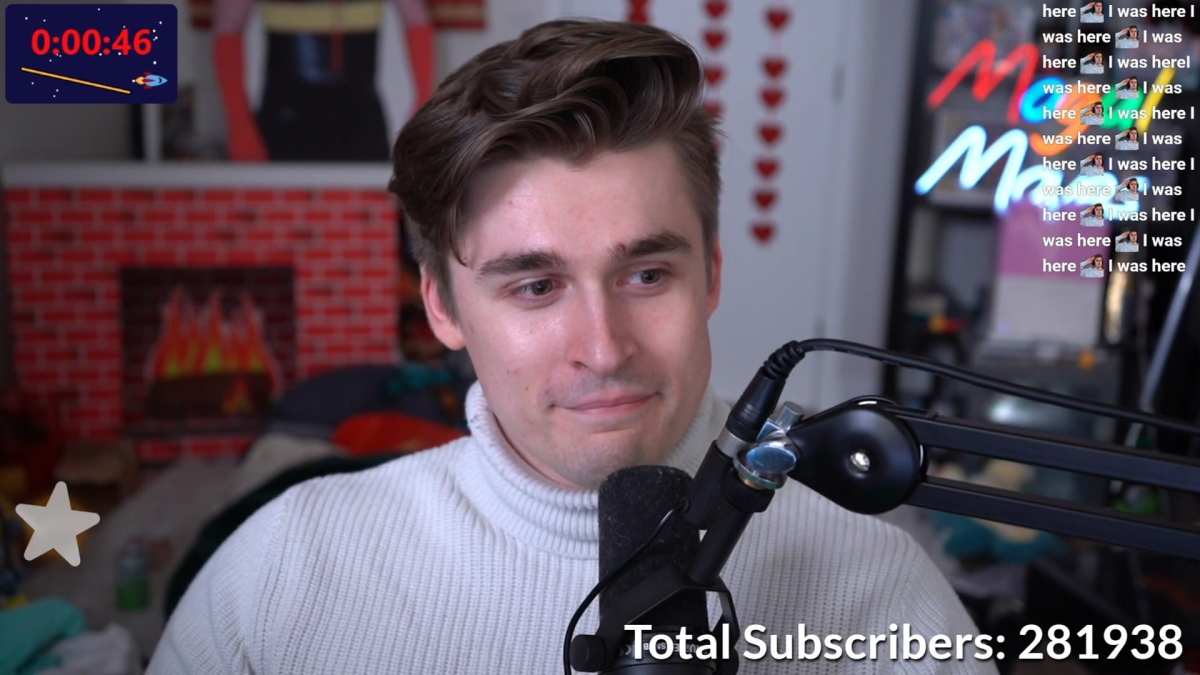
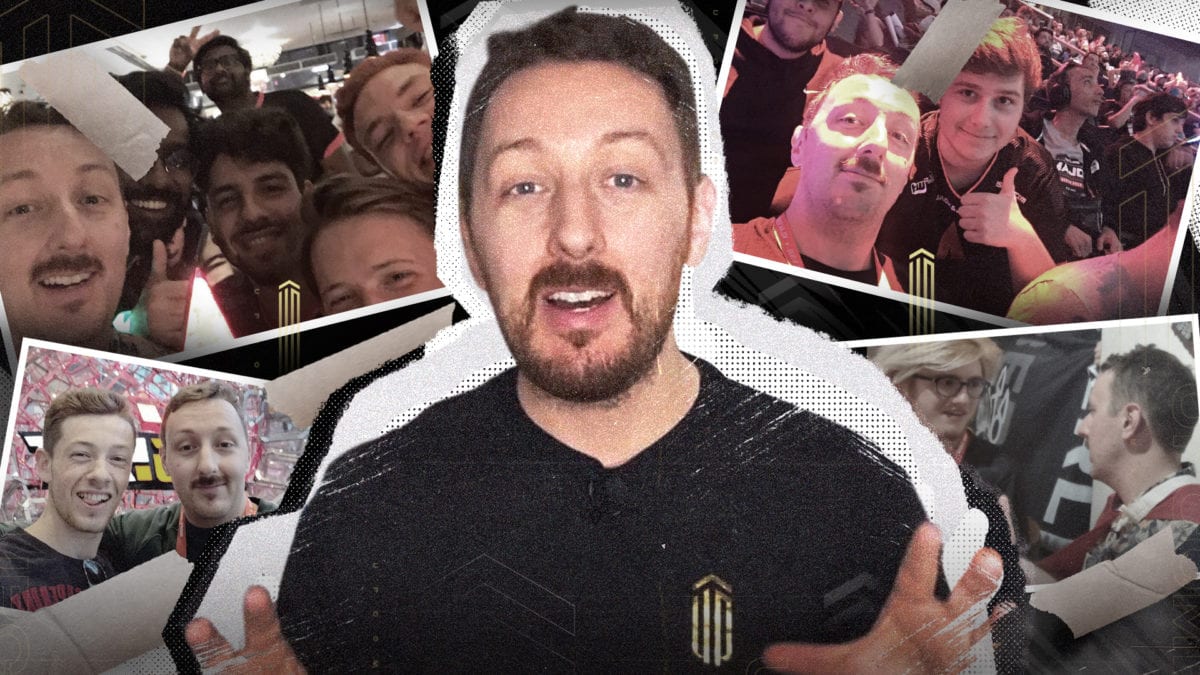
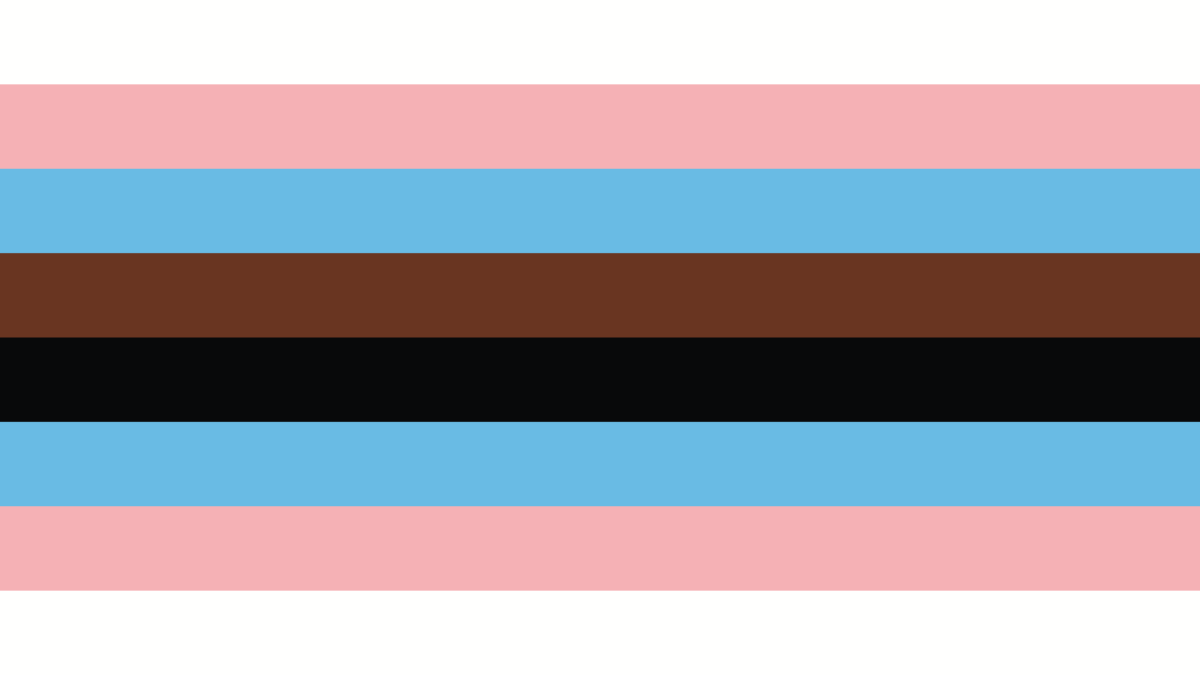
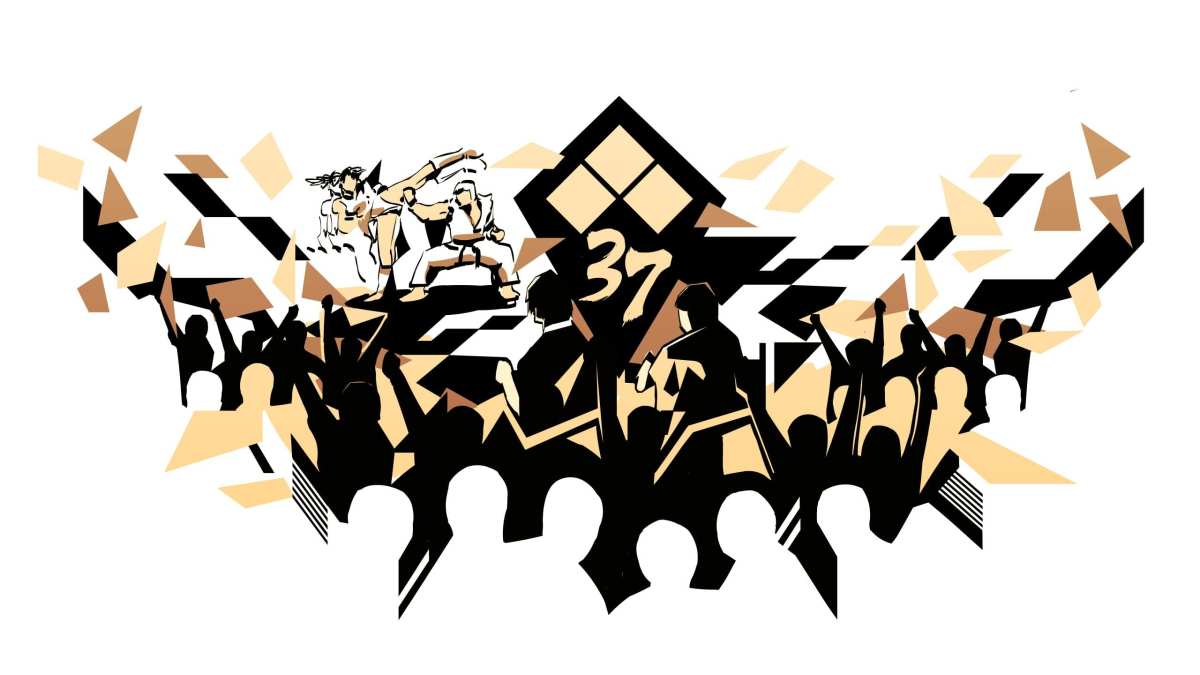

Published: Mar 20, 2021 03:00 pm